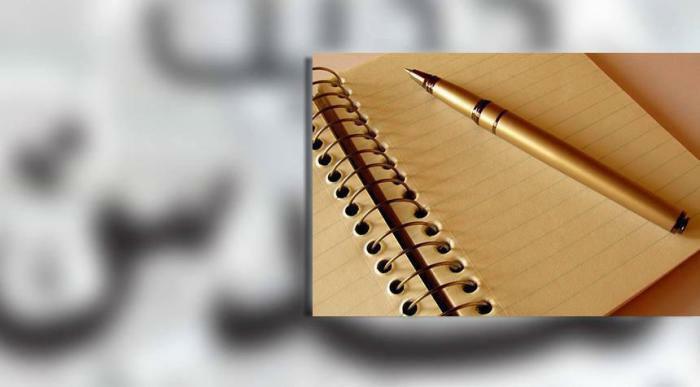In a dark cell in Ofer military prison, veteran journalist Ali al-Samoudi, 58, from Jenin, endures his new fate as an "administrative detainee" for six months. This decision was made by the occupation's intelligence services and is not based on a specific charge or a public trial. This scene epitomizes the systematic repression of the Palestinian press, which has become one of the most prominent tools of the ongoing war of extermination for eight months. The rise in the number of administratively detained journalists to 20, out of 50 others currently in detention, is not just a passing number. Rather, it is an indicator of Israel's shift from killing witnesses to imprisoning them, in an attempt to obliterate the Palestinian narrative and perpetuate a narrative of absolute power. The story of Al-Samoudi—who has spent 35 years documenting the occupation's violations through his lens—reproduces the same scenario experienced by dozens of journalists before him: a dawn raid on his home, a random search, the confiscation of his equipment, and then a notice stamped "top secret" announcing his administrative detention on the pretext of "threatening national security," without allowing his lawyer to review the file. This complex judicial mechanism, which allows for detention for six months, renewable indefinitely, has become a strategic weapon to silence voices, especially with the escalation of international reports documenting Israeli forces' use of cluster bombs and targeted attacks against civilians. Administrative detention is not a new phenomenon, but its escalation in recent months reveals a well-thought-out plan: since the start of the last war on Gaza, any camera documenting the destruction in Rafah or Khan Younis has become a "crime" that warrants imprisonment, according to Israeli security logic. Reports from the Palestinian Center for Development and Media Freedoms show that 90% of detained journalists have been subjected to physical and psychological torture, while their families are denied visits under the pretext of the "security situation." The most cruel irony lies in the coincidence of these arrests with the recent International Court of Justice ruling calling on Israel to "prevent acts of genocide," raising questions about the international community's role in protecting the truth. History repeats itself: In 1988, Israel administratively detained journalist Mohammed Odeh for three years without charge. In 2003, Al Jazeera correspondent Tayseer Allouni was abducted from the streets of Ramallah, becoming the first foreign journalist to be tried by military tribunal. Today, Al-Samoudi joins a long list of journalists who have been censored. The question pressing on the global conscience is: How many more lenses must be broken, and how many more pens silenced, before the war on journalism turns into a crime against humanity? The answer lies in the silence of Israeli prisons that swallow up eyewitnesses, and in those shattered cameras that still send distress signals from under the rubble.
OPINIONS
Fri 09 May 2025 10:09 am - Jerusalem Time
The Pen is Chained: Palestinian Journalists Confronting Israel's Administrative Detention Machine: A Narrative of Systematic Repression Against Eyewitnesses

Tags
MORE FROM OPINIONS
Between ballot boxes and circles of fire: The mistake of bringing Hamas into the Palestinian...
Dr. Ibrahim Nairat
This is the difference between us and them
From pampered country to outcasted
Weapon of demonstrations in support of Palestine
International positions and promising statements
Legal opinion on the recent Cabinet decision to prevent land settlement in Area C and...
Aid, Negotiations, and Threats
Baha Rahal
Unprecedented political developments
Hamada Faraana
Between Gaza and Troy
Nabhan Khreisha
Final terms of the exchange deal, the truce, and the decisive hours
Hamza Al-Bashtawi
Hussein was two minutes late to his family due to the timing of the missile.
Written by Abdul Salam Al-Rimawi
Gaza and the Collapse of the Global Moral Compass
Translation for "Alquds" dot com
Trump after the Gulf is not the same as before
Assas Media
Amid Cease-Fire Talks, Israel Says It Has Expanded Ground Operations in Gaza
New York Times
One Hundred Years of Tranquility
Strategic goals collapsed and the Palestinians found themselves in a "political Bermuda Triangle."
On the anniversary of the Nakba, confronting the truth of what happened is the first...
In the name of the burned bodies!
Issam Bakr
Silent Annexation: How Is Israel Implementing Annexation in the West Bank Without an Official Announcement?
Time of blood, death and destruction
Mustafa Ibrahim







Share your opinion
The Pen is Chained: Palestinian Journalists Confronting Israel's Administrative Detention Machine: A Narrative of Systematic Repression Against Eyewitnesses